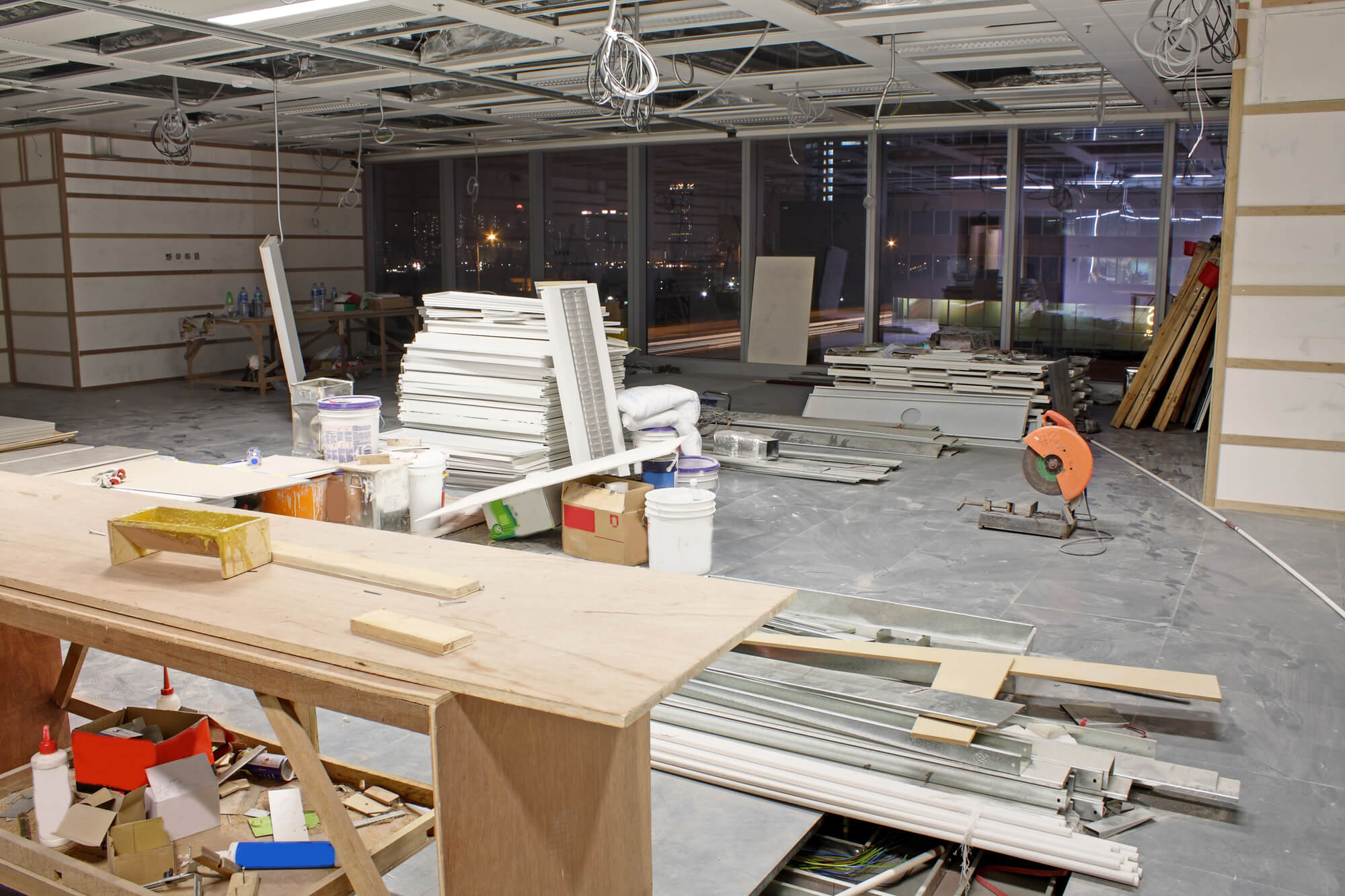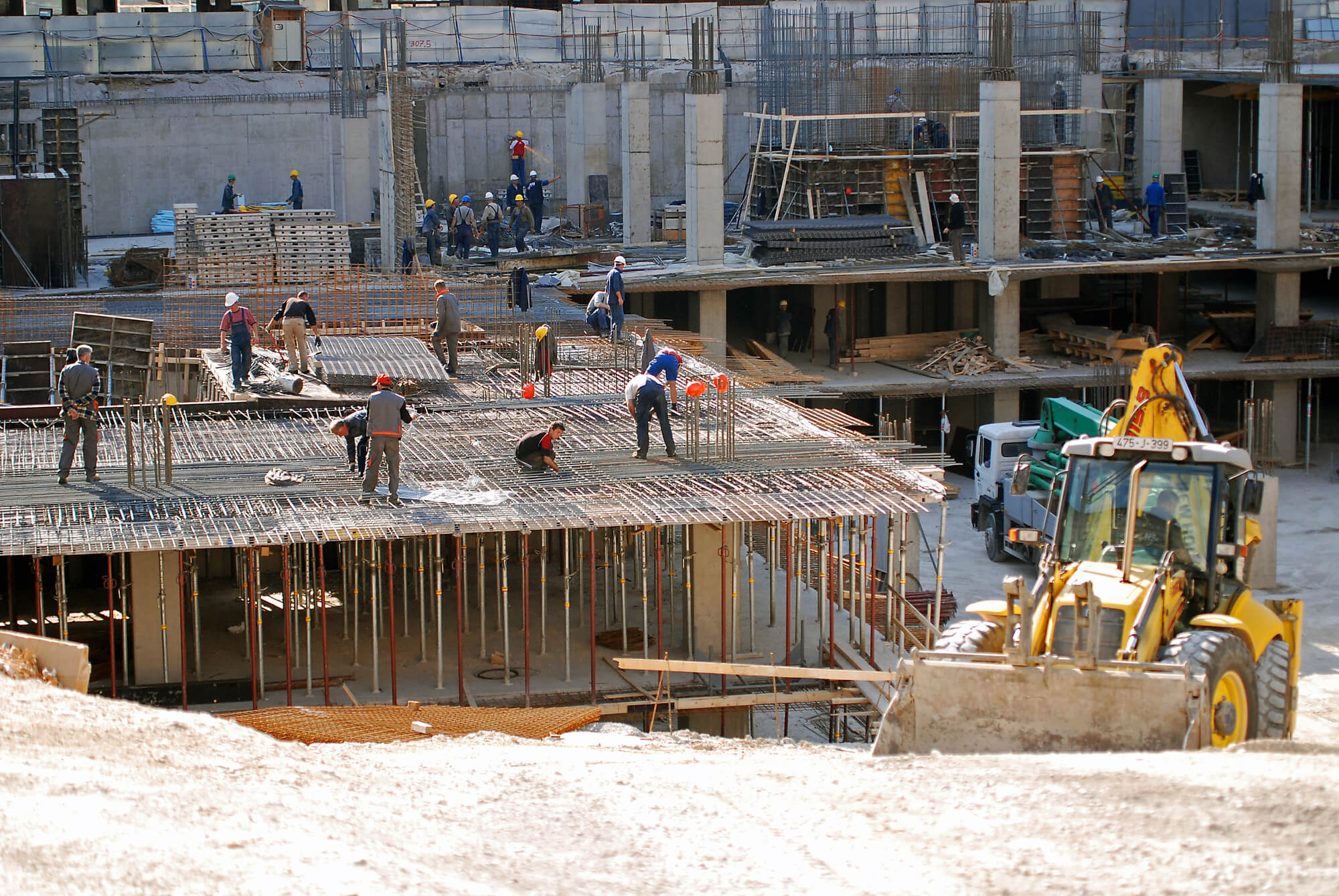June 30, 2024
Beyond Aesthetics: Combining Design and Functionality in Commercial Roofing
Many commercial property owners make the initial mistake of prioritizing aesthetics when
From hotels to restaurants, commercial buildings demand high-quality work under the pressure of tight timelines and budgets. However, achieving this goal is no easy feat; since the construction industry evolves constantly, the need for effective communication and collaboration between large portfolio owners and construction firms is more critical than ever.
Delve into the best practices for managing commercial construction projects, specifically focusing on hospitality renovation. By implementing these practices, portfolio managers and owners can ensure their projects are completed within budget, on time, and to high-quality standards.

Hospitality renovation is the process of renovating or refurbishing commercial buildings such as hotels, resorts, restaurants, and other tourism-related facilities. This challenging and complex process requires proper planning, coordination, and execution. Therefore, it is essential to have a detailed plan that outlines the project's scope, budget, timeline, and quality requirements.
A comprehensive project plan should include:
It should also establish clear communication channels and collaboration procedures among all parties involved, including the project owner, contractor, subcontractors, and vendors.
Selecting the right contractor for the hospitality renovation project is critical to its success. The contractor must have experience in the hospitality industry, knowledge of local building codes and regulations, and a track record of delivering projects on time and within budget.
The commercial building contractor should also be able to provide references, certifications, and licenses to prove they can manage the project. A request for proposal (RFP) process is an effective way to evaluate contractors and their qualifications. An RFP typically includes a detailed description of the project, evaluation criteria, and proposal format. The evaluation criteria may include price, schedule, quality, safety, and experience.
Developing a comprehensive project plan is another essential step in hospitality renovation. The plan should establish clear communication channels, collaboration procedures, and responsibilities for all parties involved. It should also include a detailed scope of work, project schedule, budget, and quality requirements.
The project plan has to outline the expected outcomes, deliverables, and milestones depending on the objective of the project and the time available to complete it. Finally, the plan needs to include a risk management plan that identifies potential risks and their mitigation strategies.
Collaboration tools play a crucial role in modern project management, enabling seamless communication and efficient workflow. This technology includes project management software and apps, cloud-based document sharing, and communication platforms. One such tool that stands out is the Blue Team app, which combines various features to enhance collaboration and project coordination.
With its Project Management functionality, the Blue Team app allows users to track project progress, manage schedules, and allocate resources effectively. It provides real-time status reports, enabling stakeholders to stay updated on critical path scheduling and deadlines. Moreover, the app's photo galleries feature enables easy sharing and access to visual documentation to ensure everyone is on the same page.
Cloud-based document sharing is another valuable aspect of collaboration tools, and the Blue Team app excels in this area as well. By storing project documents and specifications in the cloud, users can access them in real-time from anywhere, ensuring seamless information flow and reducing the risk of outdated or conflicting information.
Communication platforms are essential for fostering contact and feedback between owners and restoration firms, and the Blue Team app understands this need. Therefore, it provides a dedicated platform for continuous communication, allowing all parties involved in a project to exchange information, provide feedback, and address any concerns promptly. This ensures that everyone remains informed and aligned throughout the project's lifecycle.
Finally, communication platforms facilitate contact between owners and restoration firms, allowing all parties to have continuous feedback and information.
Finally, clear and concise communication is essential in hospitality renovation and other construction projects. All parties involved should communicate effectively and efficiently to avoid misunderstandings and errors.
The project plan should establish clear communication channels, including email, phone, and in-person meetings. It should also identify the responsible parties for communication and provide guidance on communicating effectively. Communication should be timely, accurate, and transparent, and any changes to the project plan should be communicated promptly to all parties involved.

Compliance with building regulations and codes is essential in hospitality renovation. Before starting the project, the contractor should know about local building codes and regulations and obtain all necessary permits and approvals. Not complying with such requirements can result in fines, delays, and potential legal liability.
Managing the impact of the renovation on guests is critical before starting the renovation. The project plan should consider the impact of the renovation on the guest experience and provide measures to minimize disruptions. These measures may include noise reduction, temporary closures, and guest notifications.
Proper management of resources is also key for a hospitality renovation project to succeed. To avoid waste and delays, the contractor should manage resources efficiently, including labor, materials, and equipment. Proper resource management increases the chances of the project being completed within budget and on time.
Finally, addressing unexpected challenges is an essential part of managing hospitality renovation projects. These challenges may include unforeseen site conditions, weather-related issues, or supply chain disruptions. Effective communication, collaboration, and risk management can help keep the project on track and mitigate these challenges.

Effective communication and collaboration are critical to the success of hospitality renovation projects. The best practices outlined can help project owners, contractors, and subcontractors work together efficiently and effectively.
Blue Team offers commercial restoration, construction, and roofing services for buildings in various industries, and our expert team can help you manage your hospitality renovation project effectively. We provide a comprehensive project plan with clear communication channels and collaboration procedures. Commercial building owners can also access the Blue Team App, which allows clients to follow the progress of their commercial projects in real-time.
If you are a portfolio owner of commercial buildings, we invite you to request a quote or demo with us today. Don't wait until it's too late; contact Blue Team and get started on your next commercial construction or restoration project.